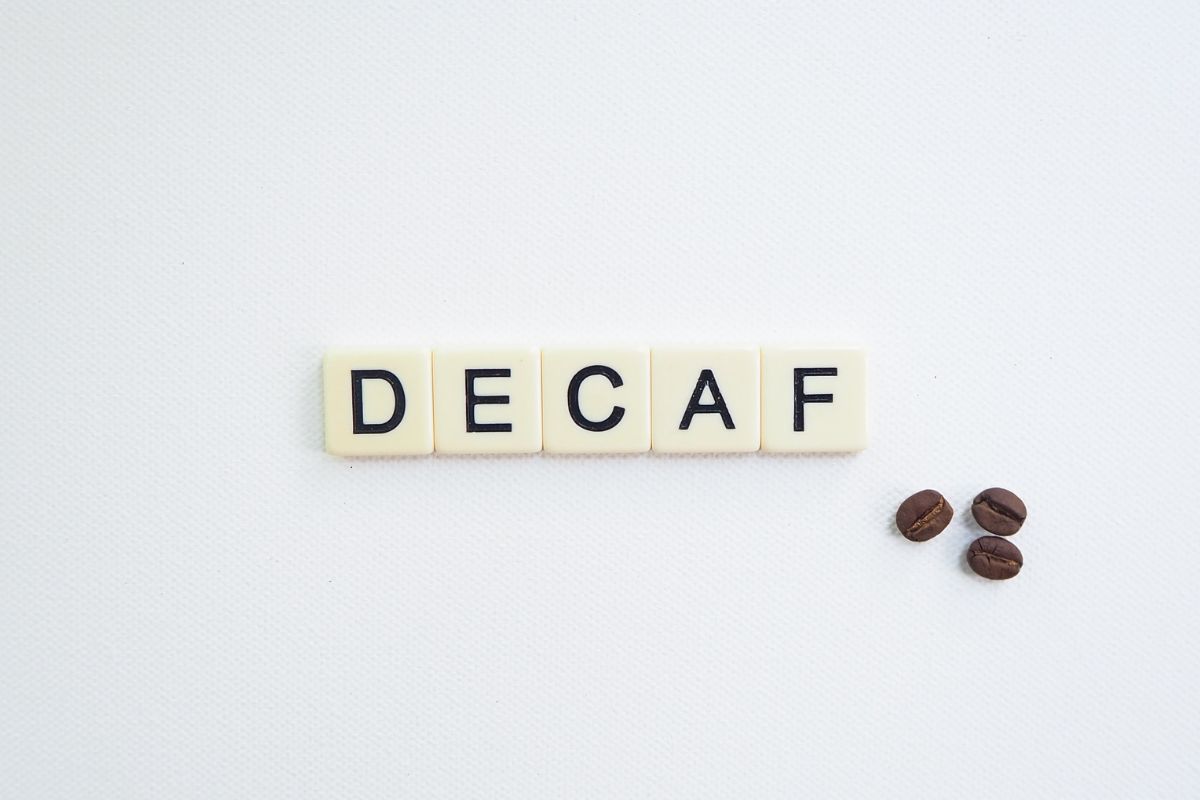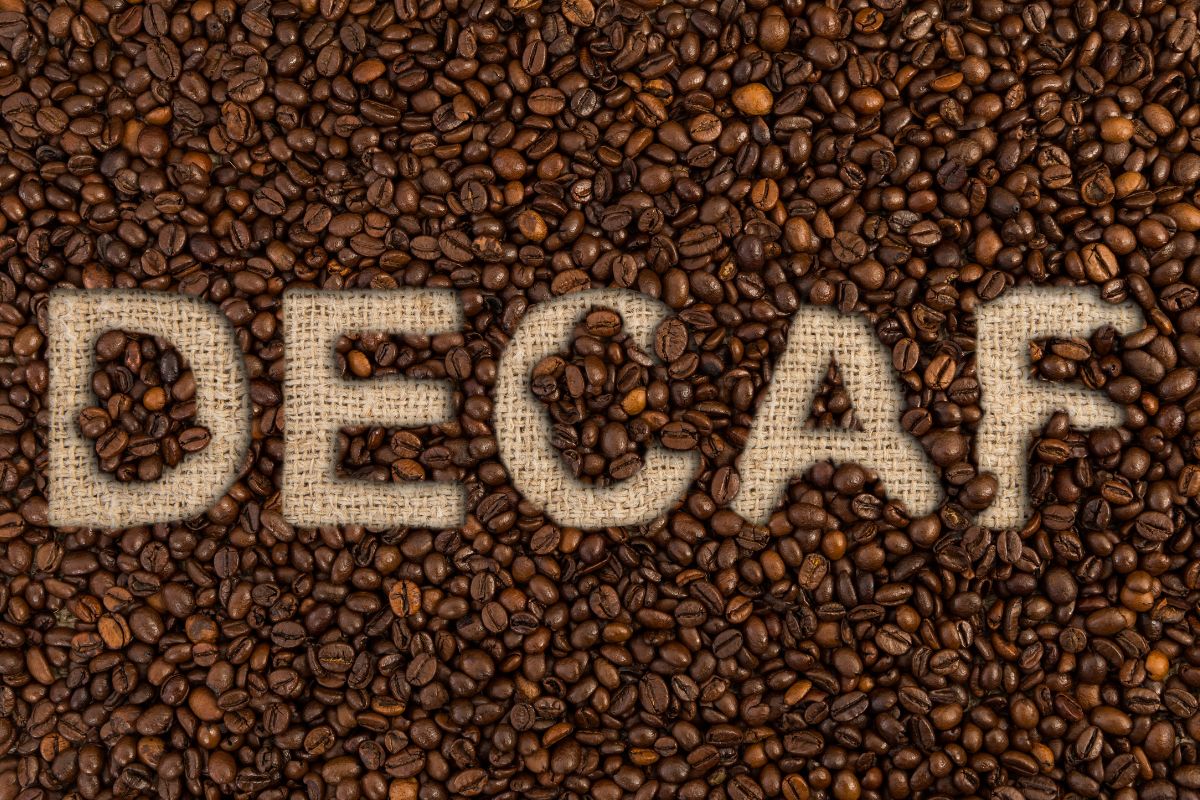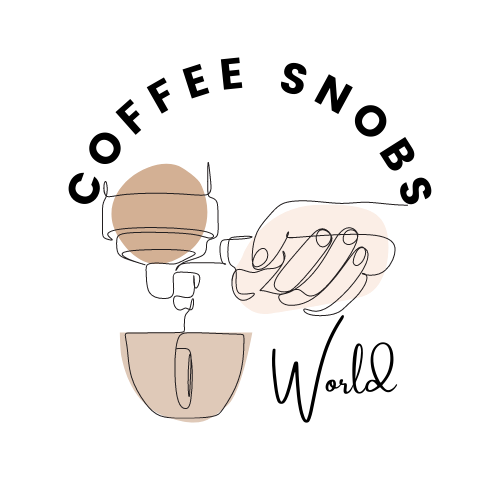Does Coffee Dehydrate You?
Many people around the world drink caffeine-containing beverages such as decaf coffee. But, questions such as – is decaf coffee a diuretic? does linger on many people’s minds.
This article will address this and many other questions coffee lovers ask about decaf coffee. Do you have any decaf coffee questions? Let’s dig in!

Is Coffee a Diuretic?
Before answering this question, it is best to look at what diuretic means. A diuretic is a substance that enhances the formation of urine output. In a word, it causes you to pee.
Medicinal diuretics are also used to treat high blood pressure, liver diseases, cardiovascular disease, and tissue swelling. They force the kidneys to increase their excretion of sodium and water.
The caffeine in coffee acts as a diuretic. It affects the hydration process preventing the kidneys from absorbing moisture. For that reason, your favorite morning coffee fills your bladder more frequently.
Caffeine slows down the production of the antidiuretic hormone (ADH). Usually, your pituitary glands produce ADH, which goes to the kidneys, telling them you are thirsty. Upon receiving this signal, the kidneys produce Aquaporins.
Aquaporins are water carriers that transport water to all cells in the body. The absence of ADH means you’ll not have Aquaporins. Without Aquaporins, the water that would have gone to your cells ends up in your bladder.
Is Decaf Coffee Bad for You?
Decaf coffee is safe for human consumption, and you can make it part of your diet. Perhaps you are wondering if the decaffeination process is secure. The answer is a resounding yes!
All four methods are safe. Once they remove the caffeine, they wash the beans, steam them, and roast them at temperatures that evaporate all liquids used in decaffeination.
The US Foods and Drug Administration has enforced meticulous standards that ensure the small traces of decaffeination solvents in decaf coffee are safe.
Nonetheless, health experts globally agree that a moderate intake of any form of coffee is healthy for most adults. How much coffee is too much? The consensus is that you should drink at most five cups of coffee daily (about 0.014 ounces (400 milligrams).
It would also help to remember that caffeine is not just in coffee. You can consume caffeine from other foods and beverages. Other sources of caffeine include:
- Soda–contains 0.002 ounces (49 milligrams) in every 16 ounces (454 grams)
- Energy drinks–contain 0.003 ounces (91 milligrams) for every 8 ounces (227 ounces)
- Dark chocolate–contains 0.0008 ounces (24 milligrams) in each ounce (28.35 grams)
- Chocolate cake with frosting–contains 0.00028 ounces (8 milligrams) per slice
Finally, everyone’s body is different. Please check health recommendations from reputable sources and be keen on how your body reacts to caffeine intake. You can also consult your physician for more information.
What Does Decaf Mean?
Decaf is the short form for decaffeinated coffee. It refers to coffee from coffee beans from which you have removed 97% of their caffeine. You can use different methods to remove caffeine from coffee beans, including carbon dioxide, water, and organic solvents.
A standard cup of decaf coffee contains 0.00007 ounces (2 milligrams) of caffeine. On the other hand, a typical cup of regular coffee contains about 0.003 ounces (95 milligrams) of caffeine.
Here is how the different processes work:
Liquid Carbon Dioxide
In this process, you use carbon dioxide to dissolve the caffeine in a water and coffee bean mixture. This decaf process does not involve the use of chemicals to remove caffeine.
Swiss Water Process
This decaf process uses a charcoal filter to eliminate caffeine from the water without using any unsafe chemicals. You soak the beans in hot water to remove caffeine and flavor compounds before you pass them through the carbon filter. This process also removes any solvents or chemicals your regular coffee might contain.
Chemical Decaffeination
This method uses chemicals like Methylene chloride. This is the same chemical paint remover, or ethyl acetate manufacturers use. You either add the chemical to the coffee and water mixture or separate the water from the beans and add them to the water mixture.
First, steam the green coffee beans before adding them to the solvent. Note that the chemical will also remove some of the coffee’s flavor.
In this sense, people use the indirect solvent method, which retains more flavor in the beans. The final part of the process involves evaporating the water to get rid of the caffeine but retain the flavor.

The Benefits of Decaf Coffee
While healthy coffee might sound unbelievable, there are several decaf coffee benefits. Health experts link decaf coffee with several health benefits mainly because of its antioxidant content, among other active substances.
Here are the notable benefits of decaf coffee:
- It is ideal for people suffering from health issues like anxiety and acid reflux.
- It is also the perfect solution for people suffering from caffeine intolerance and allergy. But, if you have a caffeine allergy, you should note that decaf coffee still contains some trace amounts of caffeine.
- Because you roast it, it retains all the valuable antioxidant benefits of caffeinated coffee. Therefore, it reduces the risk of type 2 diabetes and reduces levels of liver enzymes.
- Also, because it has some traces of caffeine, it can still give you the mental focus you need to start your day on a high.
- Studies have also shown that decaf coffee reduces the risks of aging and neurodegenerative diseases like Parkinson’s and Alzheimer’s.
Decaf vs. Regular Coffee – The Difference
One of the apparent differences between the two is that one contains caffeine, and the other is decaffeinated. Coffee die-hards consider decaf unnatural. But, that is not entirely true.
Decaf and regular coffee differ in their health benefits, caffeine content, acids, and taste. Here is a brief table of their notable differences:
| Decaf Coffee (per 8 ounces (227 grams) cup) | Regular Coffee (per 8 ounces (227 grams) cup) | |
| Caffeine | Decaffeination removes large amounts of its caffeine. | Has high caffeine content. |
| Acidity | Flat pH level of 5 (it is more acidic). | Average pH level of 5 (it is less acidic). |
| Antioxidants | Contains 15% lower oxidants than regular coffee. | Contains relatively higher antioxidants. |
| Taste | Has a flat, watery taste. | Has a strong bitter taste. |
| Side effects | Increases bad cholesterol and has high acidity levels. | Causes anxiety, palpitations, and restlessness. |
Decaf Coffee Side Effects
There are several decaf side effects you should beware of:
Can Cause Heart Complications
Studies have revealed that decaf coffee can increase bad cholesterol levels. Decaf coffee is not harmful in itself, but the chemical solvents used in the decaffeinating process could be. For example, Methylene chloride could be carcinogenic.
May Exacerbate Rheumatoid Arthritis
Decaf coffee’s preparation process increases the risk of rheumatoid arthritis. Caffeinated coffee does not have such effects. This is still a speculation that experts are researching more.
Can Cause Acidity
Studies found that decaf coffee increases concentrations of serum gastrin. Gastrin is the hormone that stimulates the release of stomach acid. This may lead to acidity symptoms.
May inhibit Iron Absorption
Generally, coffee contains chlorogenic acid. Decaf coffee also contains this chemical component which interferes with nonheme (plant-based) iron absorption.
Can Cause Headaches and Lethargy
These are mainly withdrawal symptoms. If you consume regular coffee more often, you may experience drowsiness and headaches when you switch to decaf coffee.
Also, using methylene chloride in the decaffeination process is a possible concern. Studies suggest that the chemical can slow down your nervous system temporarily. These effects can lead to drowsiness and headaches.
As you can see, the nasty side effects of decaf coffee are mainly down to the preparation process. Therefore, it is critical to determine how the coffee manufacturer decaffeinated it. Besides that, consume your coffee moderately to avoid any complications of overindulgence.
What Does Diuretic Mean?
A diuretic is any substance that stimulates you to urinate. In essence, diuretics cause you to pee. Diuretics accomplish this by pushing your kidneys to excrete more salt and water. Unfortunately, sodium, or more precisely, too much sodium, can have devastating repercussions.
Of course, health experts advise you to keep your daily salt intake to less than 0.08 ounces (2.3 grams). It will lessen the chance of stroke, high blood pressure, and many other illnesses. However, a mild diuretic has a similar effect.
There are also medicinal diuretics or water pills. Medics use these diuretics to treat tissue swelling, cardiovascular disease, blood pressure, and kidney and liver diseases and disorders.
Why Does Caffeine Make You Pee?
If you are a modest coffee drinker, then you are familiar with the effects of caffeine on hydration. It is primarily through the multiple trips you make to the bathroom. The number of trips depends on the number of cups of coffee you have taken.
What is the science behind this? The caffeine in coffee is what makes it a diuretic. For example, it affects your body’s hydration and stops your kidneys from absorbing water. Therefore, your beloved morning coffee fills your bladder more often.
Also, caffeine restrains the production of antidiuretic hormone (ADH). Under normal circumstances, the pituitary glands produce ADH, which travels to the kidneys to inform them that your body needs water.
When your kidney receives this message, it creates aquaporins, water carriers that ferry water to cells in your body. Without the ADH, your kidneys will not receive the thirst message and hence won’t produce any aquaporins.
As a result, all the water that would have gone to your cells ends up in the bladder. This is how you end up making several trips to the washroom.
So, does coffee dehydrate you? As you can see, caffeine can contribute to coffee dehydration by causing you to lose most of the water that would have gone to the cells.
With that in mind, is decaf coffee a diuretic? Not exactly. As we’ve already established, decaf coffee beans contain small amounts of caffeine. With this low caffeine content, you’d have to consume around 150 cups of decaf coffee for diuretic effects to kick in!
But, caffeine dehydration can happen in other ways. For example, caffeine can stimulate your metabolism leading to more muscle use which may heat your body. Increased heat means your body will need more water and hence may cause dehydration.

The Bottom (less) Line
Decaffeinated coffee affects several health factors, such as diabetes risks, anxiety, and blood pressure. However, decaf coffee will not make you pee.
The decaffeination process removes enough caffeine to cancel out any diuretic effects. In this regard, decaf coffee is not a diuretic.
Additionally, decaf coffee has many health benefits, including reduced anxiety. It is also an excellent option for people suffering from caffeine intolerance.
But, it is critical to check the process the manufacturer uses to decaffeinate the coffee. Please avoid chemically decaffeinated coffee types because they might contain chemicals that are detrimental to your health.
Nonetheless, don’t fret about your bladder and frequent bathroom trips. You can go ahead and switch to any reputable decaf coffee type and keep enjoying your morning coffee!

